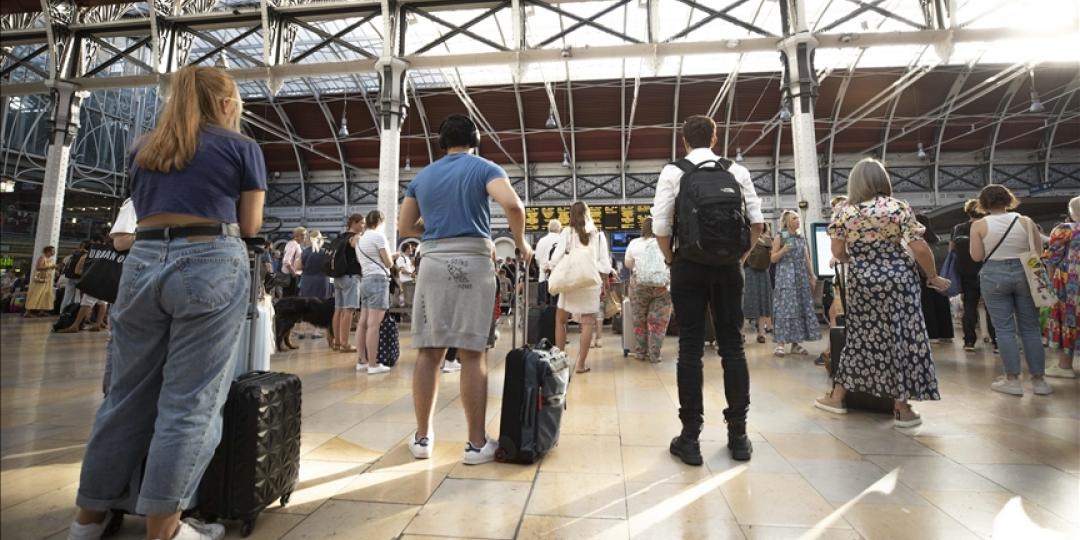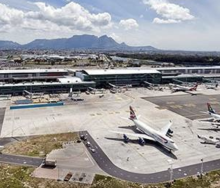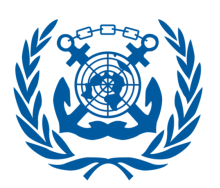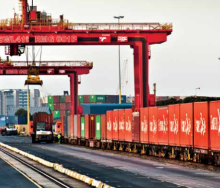The world’s aviation unions have endorsed a framework designed to stop travel chaos becoming a permanent feature of the aviation industry, amid a warning that the industry is on course for a prolonged period of recurring crises.
The endorsement comes as new polling of over 3 500 aviation workers across 86 countries found that 89% believed the quality of jobs in the aviation industry was on the decline, while only 23% said they felt respected by their employer. Furthermore, only 21% said that their government was doing a good job managing the aviation industry.
The major pillars of the framework, titled the ‘New Deal for Aviation’, will be delivered to the International Civil Aviation Organization’s (Icao) Assembly later this month, calling for the immediate creation of national aviation bodies to address an industry that has “become environmentally, economically, and socially unsustainable”.
Coordinated by the International Transport Workers’ Federation (ITF) and endorsed by over 250 affiliated unions representing more than one million aviation workers, new aviation bodies would bring together governments, employers, unions and the public to create country-specific national aviation plans.
These aviation plans will allow transport departments, aviation authorities, employers and unions to address the structural causes of this crisis, with a focus on the significant impact that decades of deregulation and fragmentation have had on the aviation industry’s resilience, says the ITF.
In the majority of the world’s largest aviation markets, passengers now face thousands of flight cancellations, delays, capacity reductions and even flight capping at some of the world’s largest airports.
Stephen Cotton, general secretary of the ITF, commented: “Decades of decline in workers’ wages and working conditions have led the aviation industry to the edge of perpetual chaos.
“Without a coordinated response that addresses both immediate and longer-term worker shortages, alongside structural transformation, aviation will continue to move from crisis to crisis. Governments have lost control of aviation in their territories, and urgently need to get it back.”
Unveiled at the ITF’s Civil Aviation Conference in Montreal, Canada, the ‘New Deal for Aviation’ also seeks to mandate action from the industry on decarbonisation, digitalisation, and sustainable funding. This includes commitment to “genuine carbon-neutral growth” beyond 2019 traffic levels, and eliminating violence against aviation workers by implementing key ILO conventions into domestic law.
ITF polling also found that only 11% of aviation workers believed that their employers acted in their interest, while 89% believed that they acted purely in the interests of the company's shareholders.
A recent industry report found that during the Covid-19 pandemic, 15 of the world’s largest airlines eroded working conditions for hundreds of thousands of aviation workers, including aggressive anti-union tactics and ‘fire and rehire’ policies.













